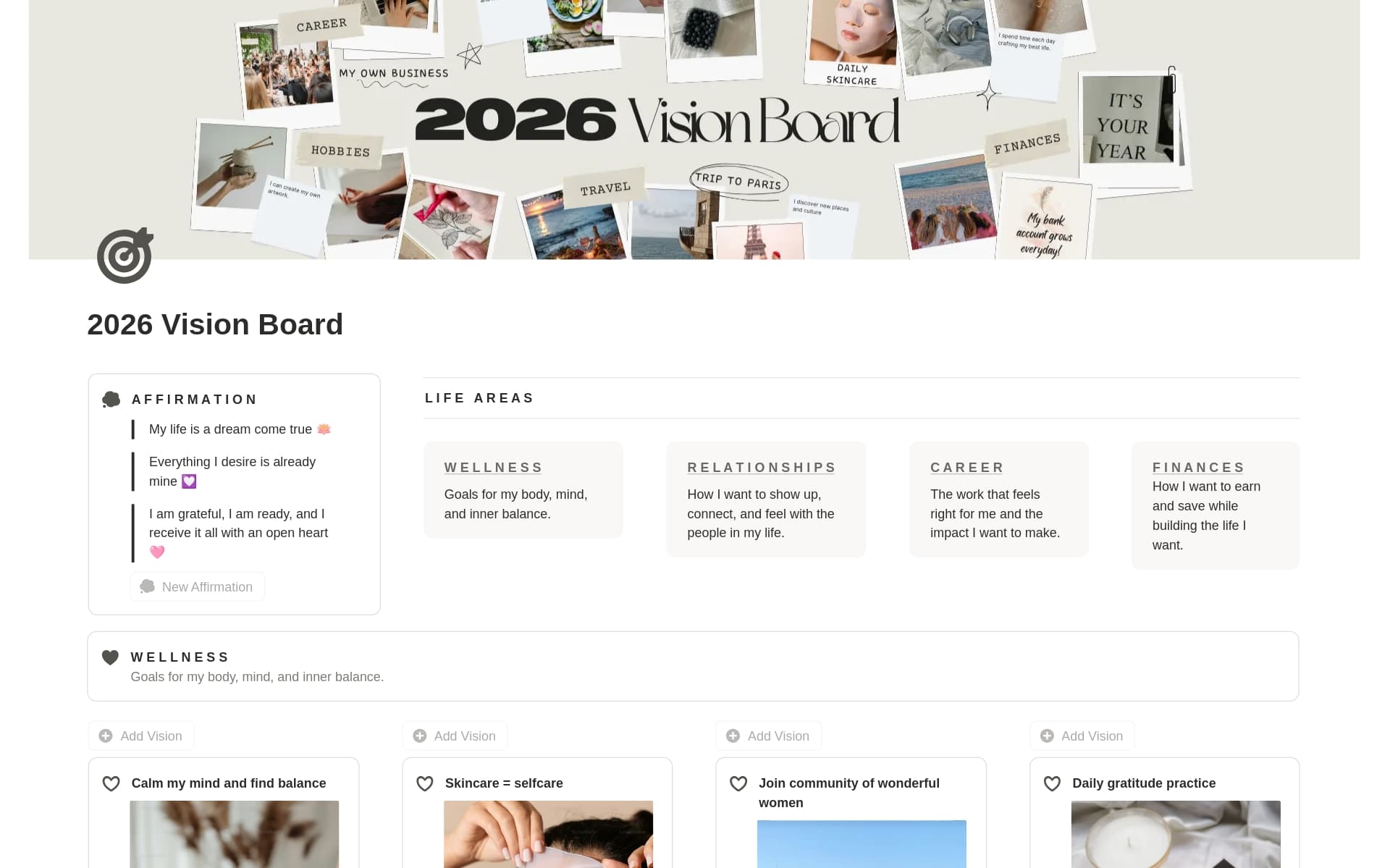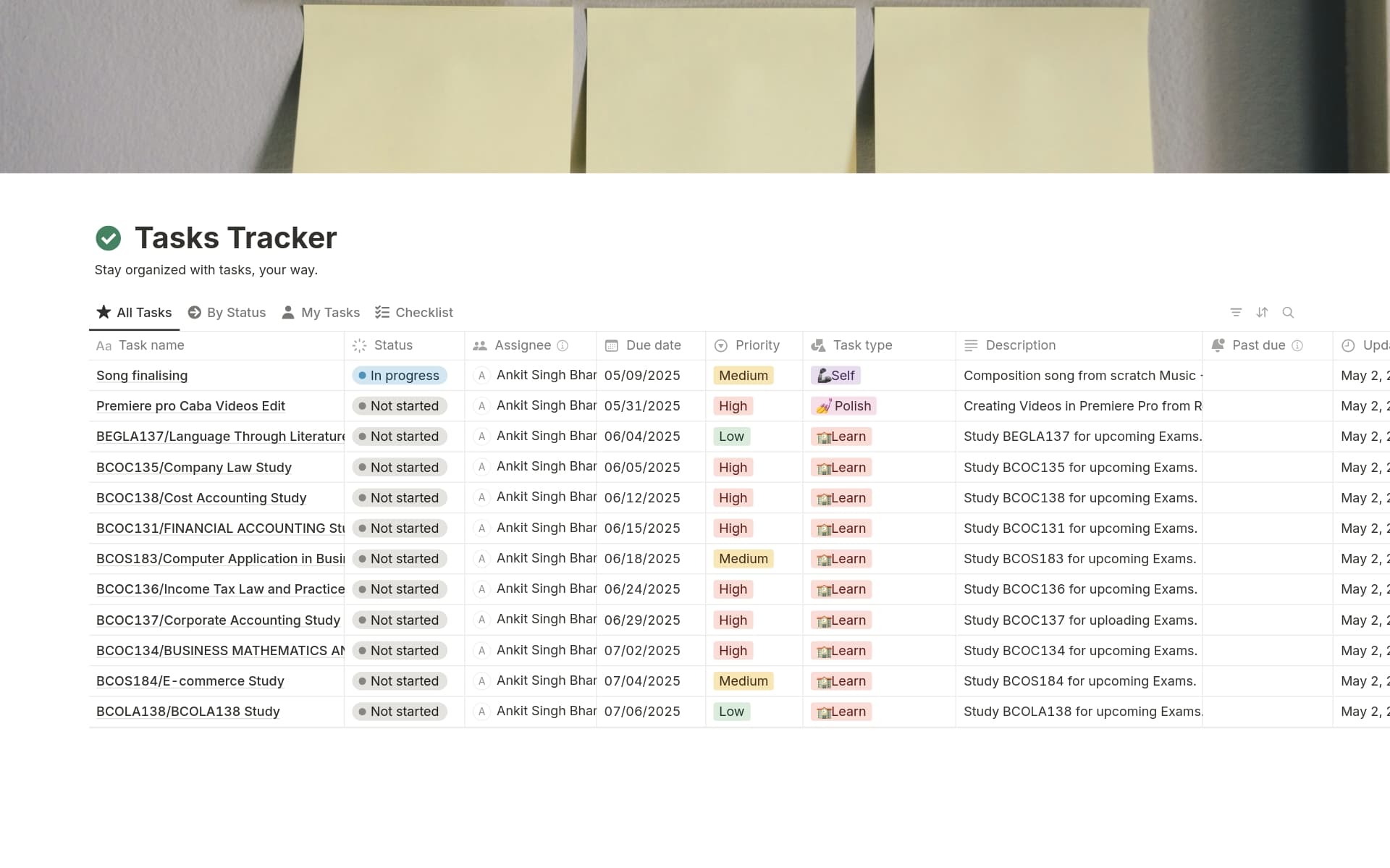Understanding the customer journey is key for digital marketers because it maps out each step a customer goes through before, during, and after making a purchase. This insight helps marketers tailor marketing strategies to better meet customer needs and drive conversions. A Customer Journey template, especially when leveraged within Notion, simplifies this process by providing a structured framework to track and analyze customer interactions, preferences, and feedback systematically.
Before diving into creating your own Customer Journey template, it might be helpful to explore the following Customer Journey Notion templates to streamline your efforts.
What Should Customer Journey Templates Include?
Choosing the right Customer Journey Template can significantly streamline your marketing strategy and enhance customer engagement. Here are key components to look for in an effective template:
Customer Segmentation: The template should allow for detailed segmentation of your customer base, enabling personalized marketing approaches.
Touchpoints Mapping: It should clearly outline all potential customer touchpoints, from initial contact through to purchase and post-purchase interactions.
Conversion Points: Look for templates that highlight key conversion points, helping you to understand where and how customers make purchasing decisions.
Feedback Loops: An effective template will include mechanisms for capturing and analyzing customer feedback, which is crucial for continuous improvement.
With these components, a Customer Journey Template not only clarifies the path your customers take but also enhances your ability to engage with them effectively at every step.
What Should Customer Journey Templates Avoid?
Choosing the right customer journey template is crucial for effectively mapping out marketing strategies. However, certain features can complicate or clutter the process rather than streamline it.
Overly Complex Stages: Avoid templates that include too many stages, which can make the journey difficult to follow and analyze.
Fixed, Non-Customizable Fields: Templates that do not allow customization can restrict your ability to tailor the journey to specific customer interactions or business needs.
Excessive Detail: While detail is important, overly intricate templates can lead to analysis paralysis, where too much information hinders decision-making rather than facilitating it.
Ultimately, the best templates are those that balance simplicity with the flexibility to adapt to your unique marketing strategies and customer insights.




